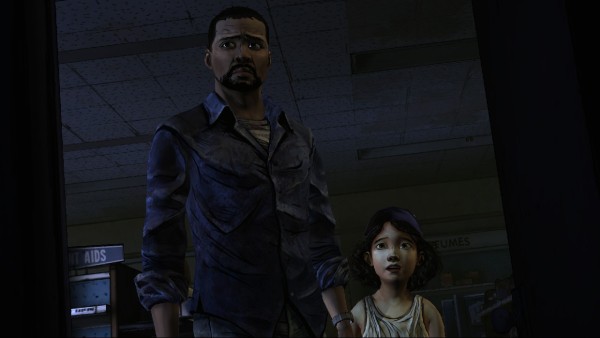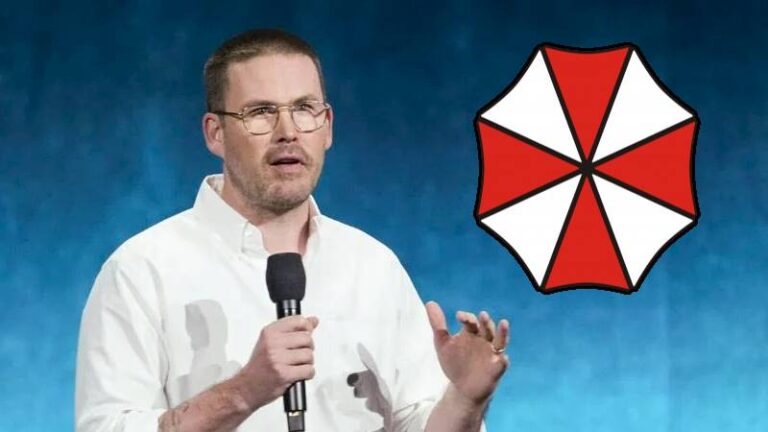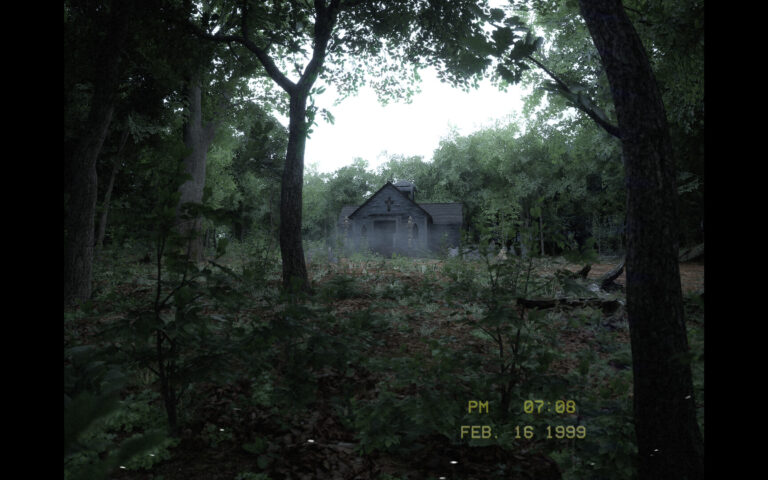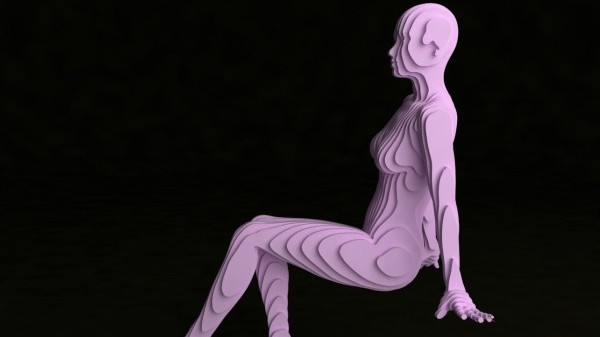
After contributing to the Rely Reacts article on the idea of a Resident Evil franchise reboot, I got to really thinking about what exactly my opinion meant. If by some miraculous turn of events, the powers that be at Capcom actually decided that they would listen to one fan’s input, what it would mean for the franchise. How would Capcom continue with the current timeline while still reining in a franchise that seems to have gotten away from it? Where would Resident Evil go from the end of Resident Evil 6? I hear (spoiler alert) murmurings that it might follow Jake Muller in the Middle East. I don’t really know, because I haven’t finished it, because (and this is really just my opinion), it’s…ugh, nevermind.
Capcom has already been pretty vocal about going back to its roots, to write a love letter to its fans that’s not only frightening, but entertaining as well, with a rich storyline. But then again, Capcom has been saying that since…well, forever it feels like. But how? Where would it start?
It could start by building a better protagonist. A better hero, a better lead character, or better overall characters. What the protagonist, the hero does, what they do and say, how they interact with their world around them, that is your experience as a player. If you create cheap, hollow characters, that’s going to give a cheap and hollow experience. There are very few instances where shitty character design has yielded a great experience, especially since we’ve evolved from 2D platformers.
This comes at a time when video games are still seen by many (who arguably don’t play them) as toys for children or as training tools for murderers. Where people complain about the physics on breasts and boob-armor as being unrealistic. There’s nothing wrong with realism taking a back seat in a fun game, but sometimes when you’re striving for a survival horror experience, for a deep, moving tale, nothing else quite does the trick.
They are realistic in their abilities and motivations
Let’s just get one thing out of the way, right away. I understand that video games are a fantastical industry and they are…well, make believe. However, I like to play my games with the glimmer of hope that they are based somewhat in reality. That people look and act the way normal people would look and act. That I’m really the one behind the scope, that I’m really the one walking down a long and dark corridor. That I’m the one using Stasis to stop a Necromorph’s pincers moments before I am decapitated.
So nothing quite stomps all over that hope like seeing your avatar smash a goddamned boulder with his bare hands in the middle of a goddamned volcano. That is possibly erupting.
Resident Evil officially stopped being scary to me when the characters began to gain superhuman abilities. Wesker had always been extremely fast and extremely powerful. It was explained, it was explainable somewhat. But what about Ada, who jumps from extremely high distances in heels, no less and still hasn’t shattered her ankles? What about Jill, who in Resident Evil 5 not only became a gymnast, but a gymnast who could climb walls? Was that what was happening? Either way, I have nothing to be afraid of playing those characters because they are seemingly invincible.
They react to the environment around them with fear
Daniel (from Amnesia: The Dark Descent) might seem detached and hollow, but you learn about him throughout the game. Additionally, he reacts realistically with his environment–scared out of his fucking mind. That alone is relateable enough to the common player to make him seem like a real person. A real person would be afraid.
When you’re trying to help simulate a terrifying experience, having a character that doesn’t show emotion doesn’t exactly help. Characters like Claire Redfield, Heather Mason, and Daniel, pretty much all of the characters in Resident Evil: Outbreak, Murphy Pendleton, James Sunderland, Lee Everett, Clementine, they all made for great characters because in one way or another they reacted to what was going on around them with fear and hostility.
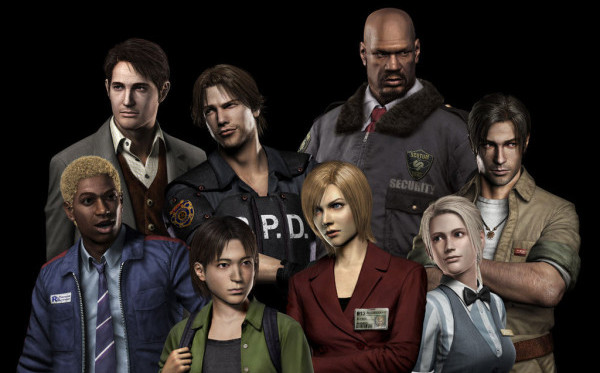
Say what you will about Silent Hill: Downpour, but Murphy Pendleton was probably one of the most realistic protagonists in the entire series. He reacts to things around him in a way that I can imagine any real person would. He swears, he yells–-often in fear.
Chris Redfield in Resident Evil 5 and 6 doesn’t seem to show a whole lot of fear. He’s large and in charge, in command, nothing fazes him. Except for maybe a lot of alcohol and some bad memories, but those don’t count. It’s sort of like “If Chris isn’t afraid of it, then why should I be?”
Sure, we’re told that the experience has affected him negatively, but if the player doesn’t see it, it might as well not exist. However it’s almost expected that after having seen the same thing for 15 years, that old Chris and the gang wouldn’t be afraid of those same things anymore, which can complicate matters.
They are alone in this…or almost
Nothing sours a survival horror experience like being thrown into the mix with a bunch of other people. They talk when it’s supposed to be quiet, they shoot the stuff that you miss that would otherwise kill you. They carry stuff that you don’t have enough inventory slots for, like a large, talking, shooting purse.
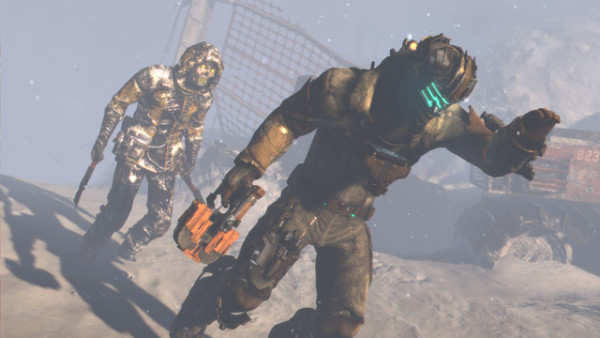
Dead Space 3 and Revelations added extra characters into the mix pretty decently, so did Left 4 Dead for that matter. In Dead Space 3, you could turn the extra player off. In Resident Evil: Revelations, your partner was pretty damned useless when it came to killing certain enemies. Left 4 Dead wasn’t so bad because if you were caught up in a horde, so was your partner.
Nothing really quite puts you on the edge of your seat like knowing that you are alone. There’s no one else there to back you up, to carry your extra stuff and to shoot the stuff that you miss. With less characters hogging for your attention, the story doesn’t have to be so elaborate to explain all of their presences. Writers can also benefit from one protagonist over five in that they can flesh out that single character.
No one lives forever unscathed
Major spoiler alert for The Walking Dead, The Game, and the AMC show coming up. Stop reading right now and leave this page if you haven’t seen the latest episodes and completed the game. Just stop reading. There’s a picture of Hershel here but it’s in no way a spoiler.
I knew that Lee was going to die at the end of TWD The Game. It was a predictable plot device and I saw it coming a mile away, but it broke my heart just the same. I didn’t however, expect everyone that Telltale had spent so long writing and perfecting to perish in the final moments of the story. They lent extreme depth to the story and losing them in the end felt…awful, but great at the same time.
In the latest episode of The Walking Dead, The Governor shot whatshisface right in the head while he was chatting it up with Carol. I jumped and said my holy shits, but in the end, his death didn’t mean all that much. Did it to anyone? There might have been a possible thing between the guy and Carol, but he just wasn’t fleshed out enough, he added very little to the story. Christ, I still don’t even know what his name is–nor do I have any desire to. Sorry…uh…guy.
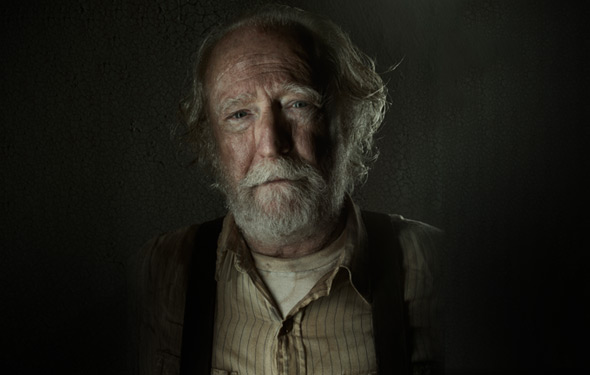
Having a well-fleshed out character who adds pages to the story and the experience overall who are in the end, expendable, makes for a much more rewarding experience. It shows that writers aren’t afraid to build up their characters and do something bold with them for the sake of the game’s story. Does it work all of the time? No. If Rick Grimes died at the end of The Walking Dead run, I think I’d be a little pissed off, but it seems plausible. It seems realistic.
If Jill Valentine had actually died in Resident Evil 5 and Chris was chasing down a ghost, I think I would have liked Resident Evil 5 better. Hell, I might have even grown to appreciate Jill’s character a little more in the end. If Chris’ severe depression was caused by that, it would have made his character seem better in Resident Evil 6. I will give them one thing, Capcom was finally able to showcase all of the dark and depressed of the ad campaign for Resident Evil 5 in Resident Evil 6.
It all relates back to making these protagonists real, that despite them living in fictional worlds in our consoles, they are still human and not invincible. This comes at a time when people are complaining that women in video games are just tits and ass and men are just muscle-clad meat-heads with guns glued to their arms.
I know that I rip pretty fiercely into Resident Evil here. And I haven’t even finished Resident Evil 6. I might have to rectify that soon…even if just to say that I finished it…
What do you think? What makes for a good lead character in a video game? Sound off in the comments section.

 trivard676
trivard676